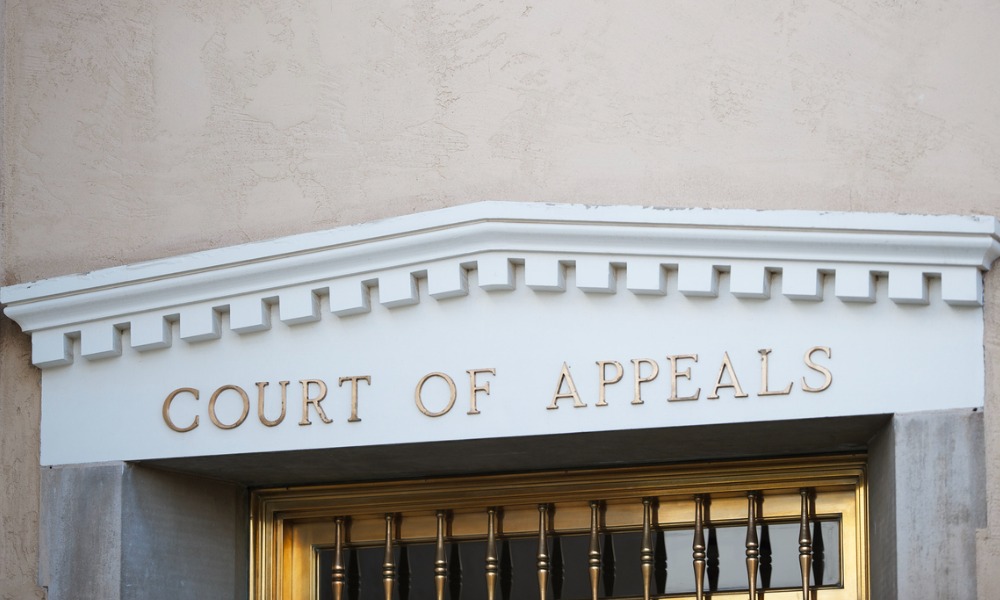A new study shows that conflict is common in New Zealand workplaces, but only six per cent of those experiencing it call on HR for help.
Is HR being left out of the equation when it comes to workplace conflict?
According to a survey by dispute mediation consultancy FairWay Resolution, one in four employees had at least one disagreement or argument at work in the past year which distracted or prevented them from doing their job.
While two thirds of them asked their managers for help, only six per cent called on HR.
FairWay CEO Greg Pollock told Stuff that he wasn’t surprised that few employees went to HR to resolve conflict, because they had other avenues.
“It might be they’re talking directly to their manager, it might be they’re talking to their peers, friends and family. The main thing is, we see people going to look for assistance when they experience conflict rather than just holding on to it themselves.”
The survey showed that 70% of employees who experienced a conflict sought help from within their organisation to resolve it, with 47% going to a manager or CEO and 30% turning to a colleague of the same level.
But of those who went to their manager for help, only half were satisfied with the response.
The reasons for dissatisfaction included managers trying to ignore the problem, not feeling heard and being told to “get over it”.
“The findings show that New Zealand organisations are not managing conflict effectively,” said the study.
“Managers are not equipped with the skills they need to effectively manage conflict in their organisations.”
The most common employee reaction to conflict was anger/frustration (83%), followed by stress (57%), anxiousness/nervousness (47%), loss of self-esteem (25%) and trouble sleeping (25%).
“Becoming sick or drinking more alcohol were less common, but still significant responses,” the study said.
The workplace impact included almost half the respondents reporting that disagreements had caused them to lose focus, motivation and confidence and to miss deadlines.
Different opinions about how to perform a task, procedures and policies and work conditions/hours were the most common reasons for conflict, followed by treatment of staff/bullying/personality clash, attitude, performance and wages/salary/allowance.
How do you think HR can be more involved in resolving workplace conflict?
According to a survey by dispute mediation consultancy FairWay Resolution, one in four employees had at least one disagreement or argument at work in the past year which distracted or prevented them from doing their job.
While two thirds of them asked their managers for help, only six per cent called on HR.
FairWay CEO Greg Pollock told Stuff that he wasn’t surprised that few employees went to HR to resolve conflict, because they had other avenues.
“It might be they’re talking directly to their manager, it might be they’re talking to their peers, friends and family. The main thing is, we see people going to look for assistance when they experience conflict rather than just holding on to it themselves.”
The survey showed that 70% of employees who experienced a conflict sought help from within their organisation to resolve it, with 47% going to a manager or CEO and 30% turning to a colleague of the same level.
But of those who went to their manager for help, only half were satisfied with the response.
The reasons for dissatisfaction included managers trying to ignore the problem, not feeling heard and being told to “get over it”.
“The findings show that New Zealand organisations are not managing conflict effectively,” said the study.
“Managers are not equipped with the skills they need to effectively manage conflict in their organisations.”
The most common employee reaction to conflict was anger/frustration (83%), followed by stress (57%), anxiousness/nervousness (47%), loss of self-esteem (25%) and trouble sleeping (25%).
“Becoming sick or drinking more alcohol were less common, but still significant responses,” the study said.
The workplace impact included almost half the respondents reporting that disagreements had caused them to lose focus, motivation and confidence and to miss deadlines.
Different opinions about how to perform a task, procedures and policies and work conditions/hours were the most common reasons for conflict, followed by treatment of staff/bullying/personality clash, attitude, performance and wages/salary/allowance.
How do you think HR can be more involved in resolving workplace conflict?





